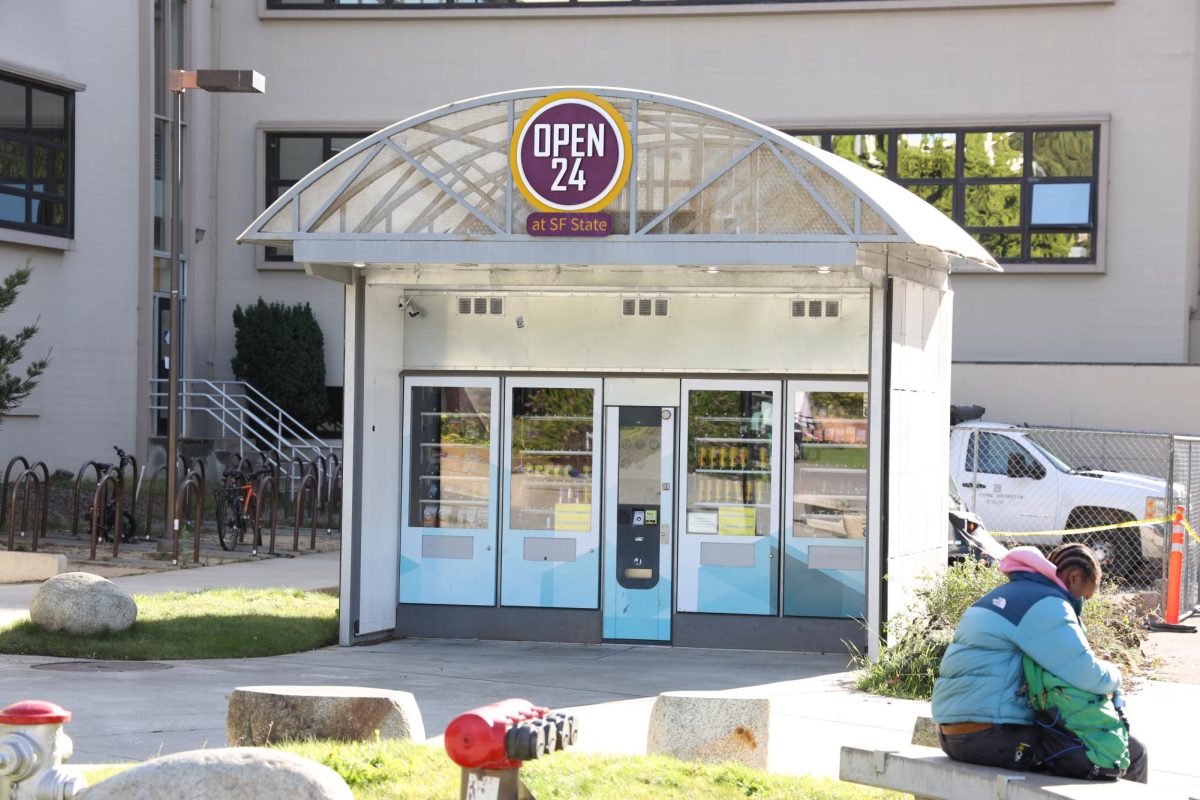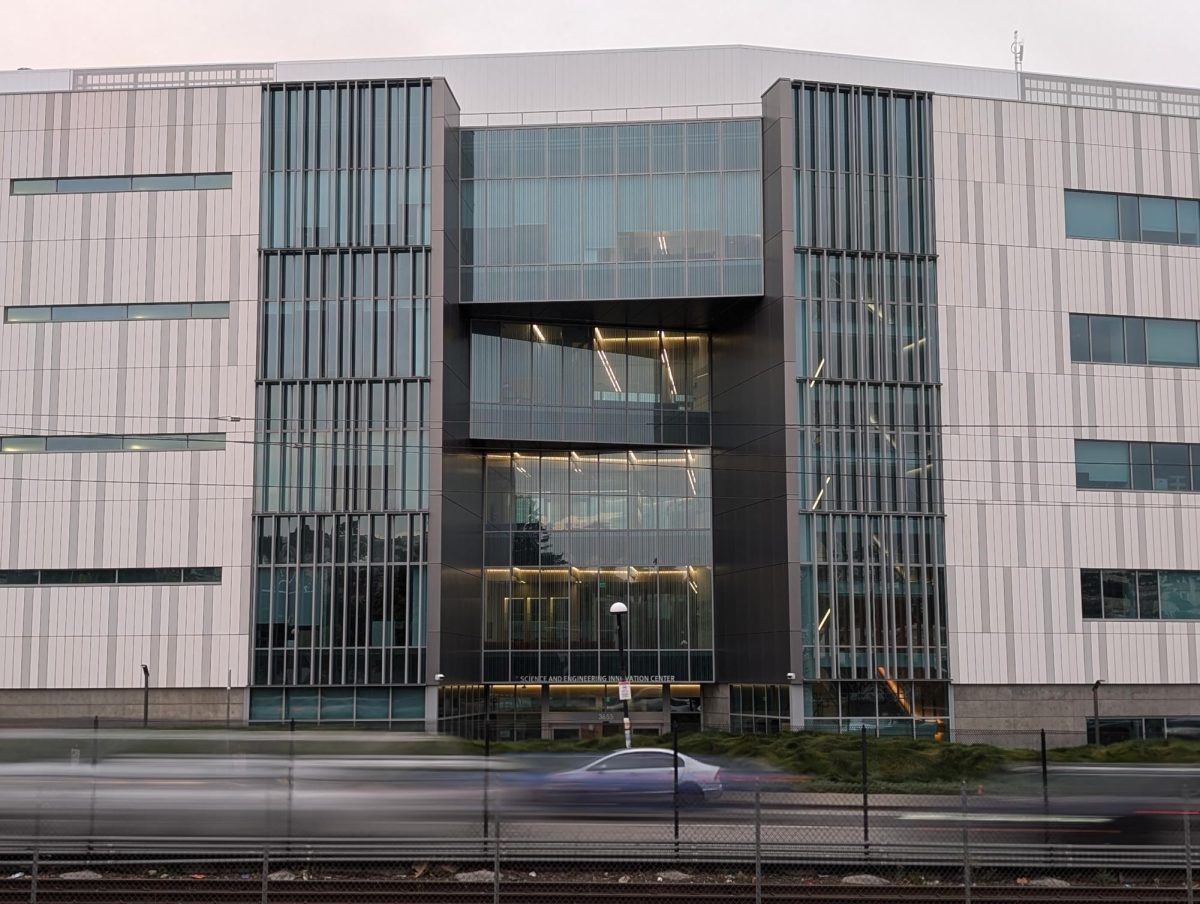This year’s Black History Month celebrations at SF State will be marred by controversy surrounding the treatment of Black students by administrators as students and faculty insist their voices be heard.
While the campus markets itself as diverse and inclusive, recent conflicts with Black students have challenged this claim. Decisions over leadership of the Black Unity Center have caused backlash from students concerned about fair representation.
As a result, the Black Student Alliance formed to negotiate with the Division of Equity and Community Inclusion. This conflict brought the underrepresentation of Black people in administrative, faculty and staff positions to the forefront of the University’s attention.
“As a historically marginalized group, we do not feel safe on campus and in the BUC because of lack of representation and staff that are unable to understand Black students’ needs,” the BSA recently wrote in a letter to the DECI.
Despite its proximity to the birthplace of the Black Panther Party and the Bay Area’s major historical strides in civil rights, SF State reflects a national trend of unequal access to education and unequal hiring practices.
According to a 2017 by the New York Times article, even after decades of affirmative action, Black people are more underrepresented in the nation’s top colleges and universities than they were 35 years ago. SF State has a student population of approximately 29,000. Black students comprise roughly 1,400 students, or a mere 4.8 percent of the entire student body.
Although data on Black faculty is not easily accessible, according to data gathered by College Factual, only 5.5 percent of faculty at SF State are Black. These statistics make the odds of a Black student having an instructor that represents them extremely low.
Unfortunately, this has been a reality for Black students since the integration of public schools, and only in the last 50 years have universities began funding Africana Studies and Ethnic Studies departments.
According to the department’s mission statement, “the key to Africana Studies is how our curricular strategies can foster liberatory knowledge that can be used to improve and transform conditions in urban
Black communities and global settings.”
The Africana Studies department encourages students to think about how to use the skills they acquire to address the needs and concerns of the Black community. While this is important work, it is not up to one department to level the playing field for all Black students. Black students need a well-rounded, increased presence in Science Technology Engineering and Math (STEM) , business, nursing and teaching certification programs, as well as more accurate representation in educational settings.
Despite distinct systemic disadvantages, Black students are thriving in their courses. It’s the University that must meet students in the middle by providing faculty that represent and understand them.










